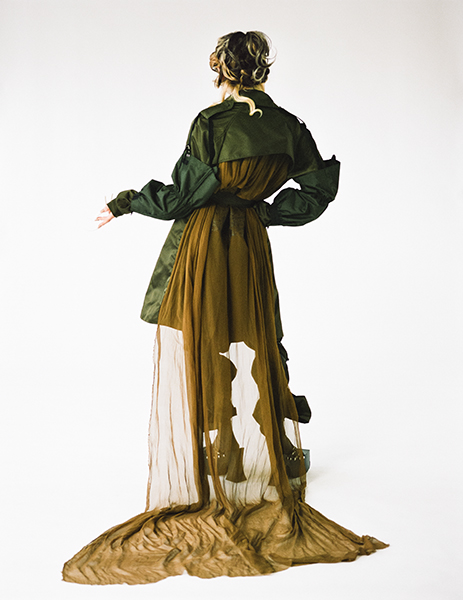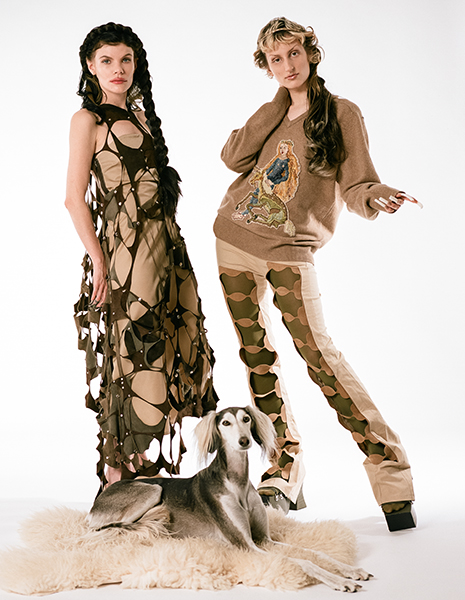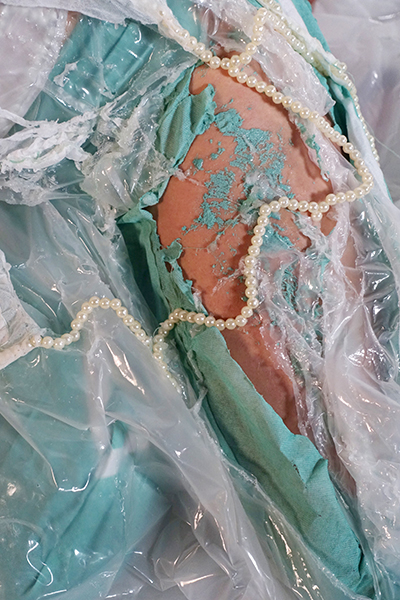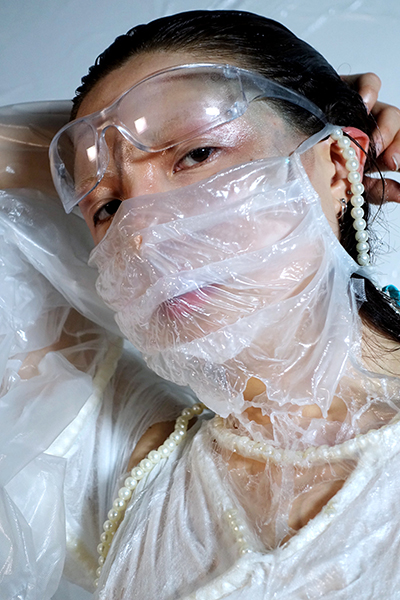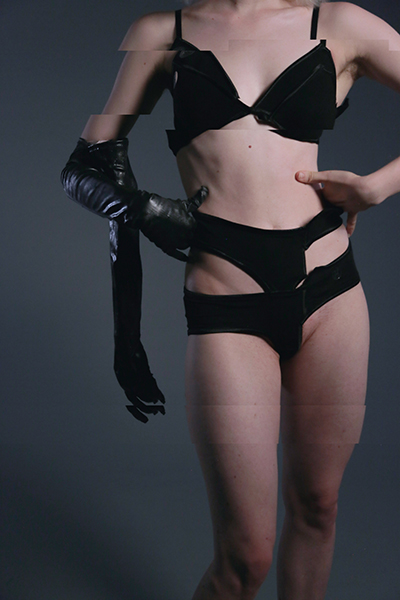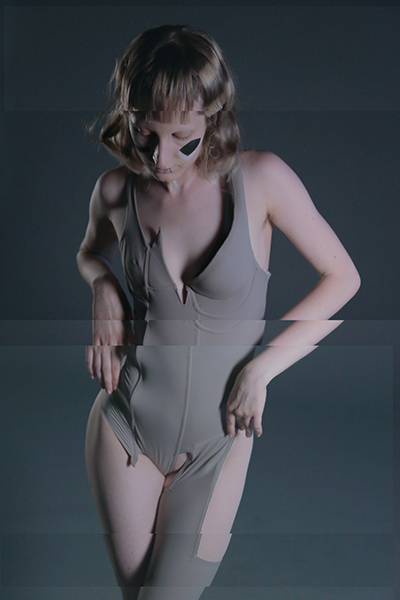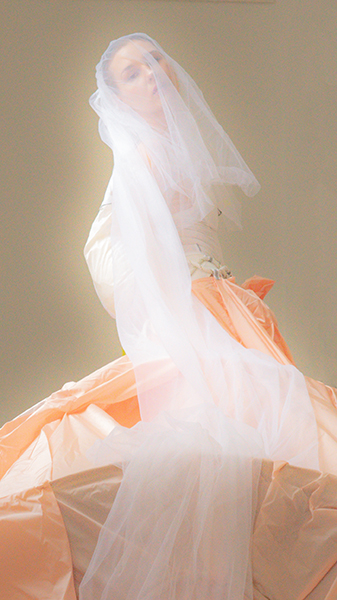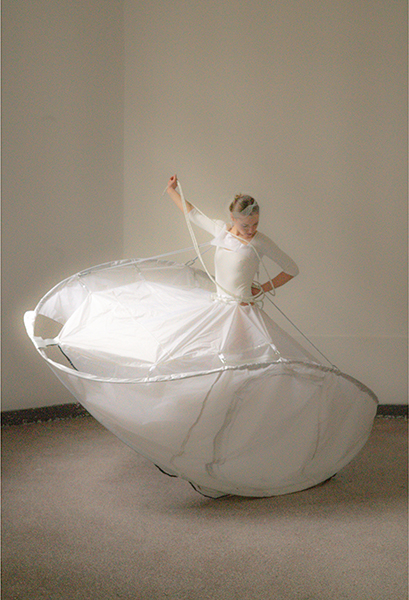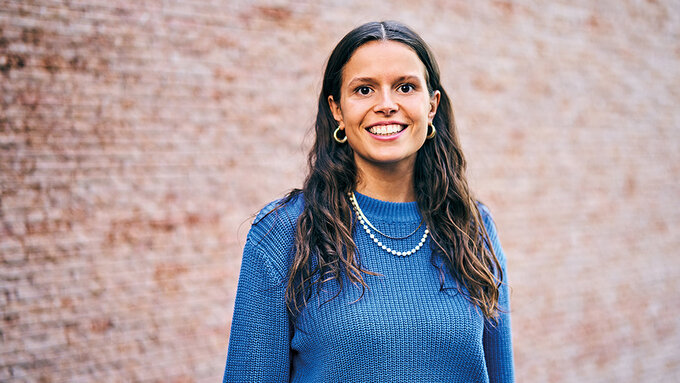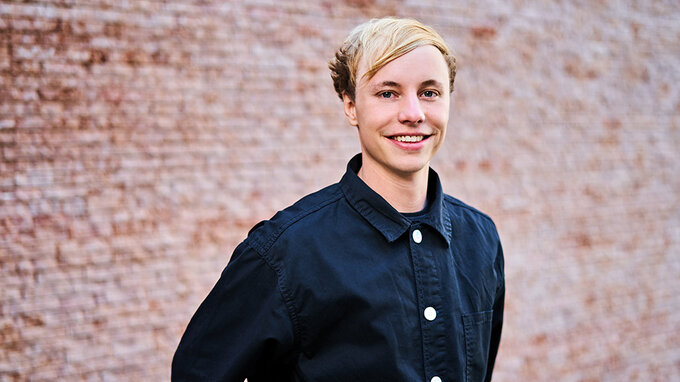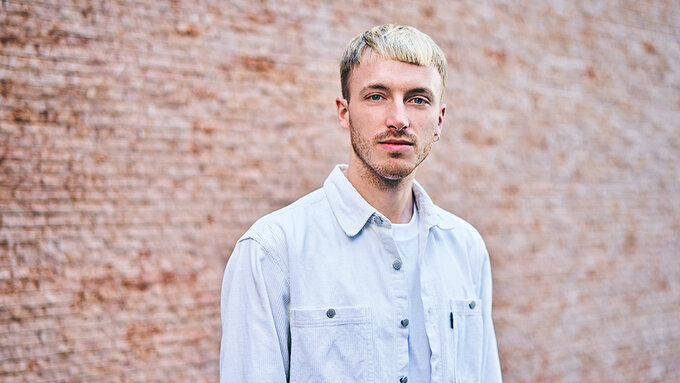Paula Keilholz
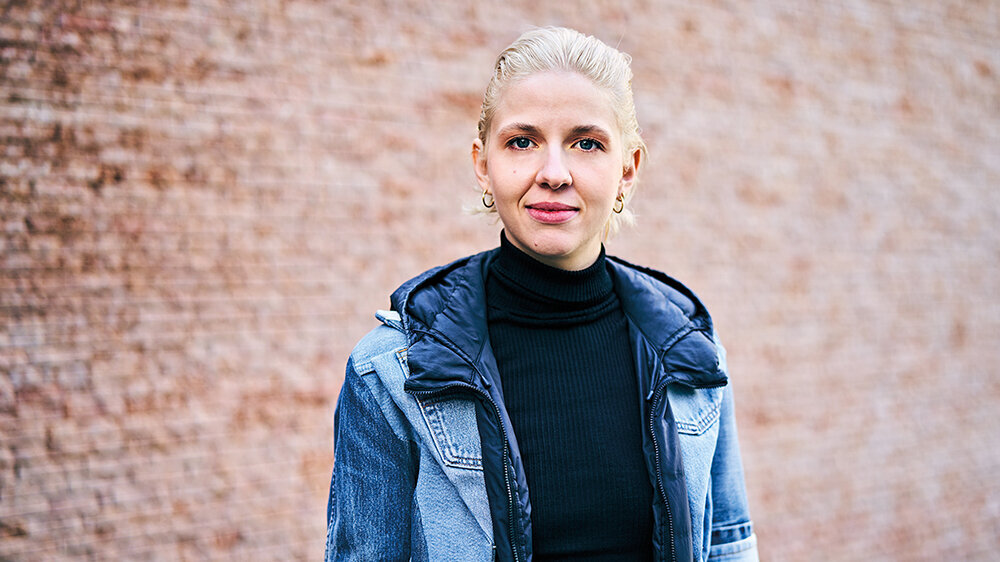
Paula Keilholz is a fashion and transformation designer born in Berlin in 1994. She completed her fashion studies in 2020 at the Berlin University of the Arts and is currently completing her master’s degree in transformation design at the Braunschweig University of Art (HBK). This was preceded by a degree in psychology that began in 2014, which underscores the designer’s strength in connecting analytical, methodical knowledge and practical design knowledge. Over the course of her studies at Berlin University of the Arts, Paula was able to gather experience in the design and luxury industry both domestically and internationally. She completed various internships, one at Chloé in Paris, among others, and spent a semester at Kingston University London. The designer explores the interaction between material and functional aspects of fashion, as well as their value-addition processes, within her work. To do this, she looks for alternative or speculative scenarios and connects theory with practice, in order to get closer to a desirable future. Paula Keilholz lives and works in Berlin.
Interview with Paula Keilholz
You are a »Finalist« for the German Design Award 2023 – Newcomer. What does this award mean for you and your work?
The award is a recognition and also an opportunity that encourages me to continue to deal with big theoretical questions in the medium of fashion, to question norms through my design projects and to work towards a more desirable fashion future.
What do you see as the biggest challenges for you and your work in fashion design today and in the future?
I want to ask socially relevant questions and reflect on desirable fashion futures with and through the medium of fashion. I not only address the urgently needed material sustainability of fashion, but also ask, for example, what values a certain trend communicates. Also: what calls to action lie in garments?
What role does transformation design play in this for you? And why?
Transformation Design deals with the ecological change that is urgently needed, especially for the fashion industry. The study was a decision for more agency, because I am convinced that futures can be shaped and that imagining and planning towards "desirable futures" is important.
Are there any fashion designers who inspire or have inspired you? If so, can you describe what particularly fascinates you about their work?
Other designers' work is rarely the starting point for my design process. But of course there are still many inspiring fashion designers for me! Here are a few examples: Sense of Zeitgeist: Miuccia Prada, Strategy & Storytelling: Helmut Lang, Deconstruction and Construction: Maison Martin Margiela, Yohji Yamamoto, Glenn Martens, Innovation: Hussein Chalayan Pattern Magic: Vivienne Westwood.
How do you deal with the issue of diversity in your work?
Intersectional perspectives on design and the desire for diversity in all areas of design are essential for me. Fashion work, where especially the production work is racialised and gendered like the work of women read people in Southeast Asia, underlines the need for diverse representation and intersectional perspectives on modes of production as well as design itself.
